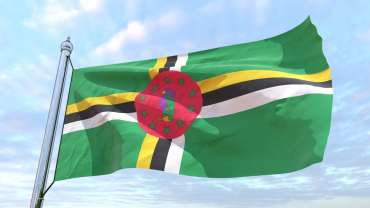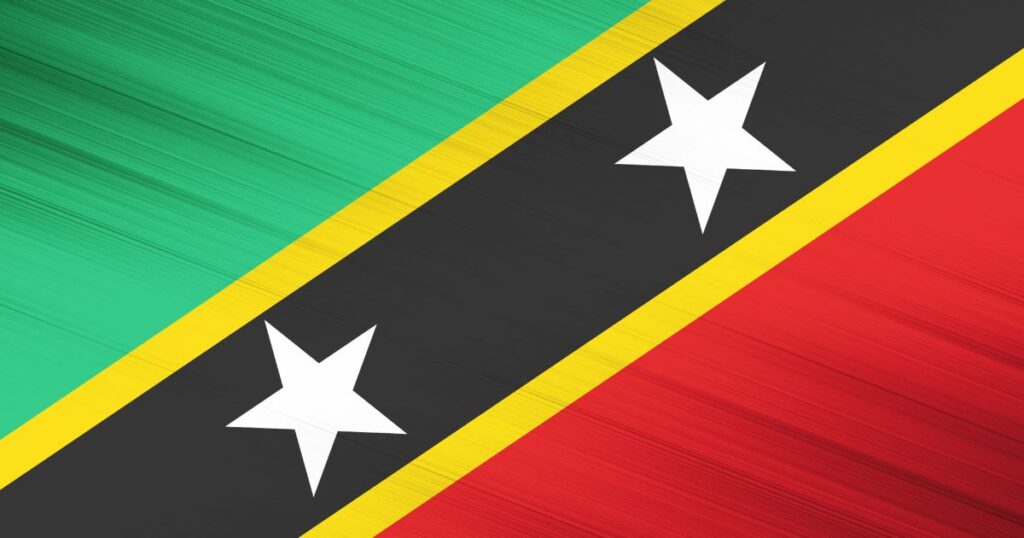The Commonwealth of Dominica allows all citizens who live in and out of the country to vote in national elections. There is no clear evidence CBI citizens could possibly take part in electoral processes either through voting or running for office or establishing their own political party.
Dominica elects on national level a legislature. The House of Assembly has 32 members, 21 members elected for a five-year term in single-seat constituencies, 9 appointed senators, the Speaker and 1 ex officio member. a head of state – the president – is elected by the House of Assembly. The Cabinet of Dominica is appointed from members of the House of Assembly. However, no more than three Senators may be members of the Cabinet.
Dual nationals who acquired dominican citizenship through investment program are also eligible provided the following conditions are met. The law as it pertains to a citizen’s rights to take part in the electoral process in Dominica is detailed below..
Elector
The Constitution of the Commonwealth of Dominica (section 32(2)) grants qualified citizens the right to be registered as a voter and the right to vote. Voting is a major vehicle by which citizens participate in, and have influence over governmental decisions which affect their daily lives. You can only participate as an elector, therefore ensure that you register and exercise your right to vote. Electors are only entitled to vote in the polling district in which their name appears on the official list of electors for that district. Electors can only vote for one candidate. The deadline for registration for inclusion in the election register is the day that the President issues the writ for holding of General Election. Persons registering after this date will be included on the election register for the next General Election.
A person is qualified to be registered as an elector for a polling district if he/she –
(a) Is a citizen of the Commonwealth of Dominica; or
(b) Is a Commonwealth citizen who has resided in Dominica for a period of twelve months immediately before the qualifying date; and
(c) Has resided in that polling district for a continuous period of at least three months immediately preceding the date of registration. (Registration of Electors Act, 1974)
Representative
Representatives are directly elected in single member constituencies using the simple-majority (or First-past-the-post) system for a term of five years. The Representatives in turn decide whether the Senators are to be elected by their vote, or appointed. If appointed, five are chosen by the president with the advice of the Prime Minister and four with the advice of the opposition leader. There is one ex-officio member and the remaining seat is held by the Speaker.
A person shall be qualified to be elected as a Representative if, and shall not be so qualified
unless, he/she –
(a) Is a citizen of Dominica of the age twenty-one years or upwards;
(b) Has resided in Dominica for a period of twelve months immediately before the date of his nomination for election or is domiciled and resident in Dominica at that date; and Is able to speak and, unless incapacitated by blindness or other physical cause, to read the English language with a degree of proficiency sufficient to enable him to take an active part in the proceedings of the House.
Ineligible
A person is disqualified from being registered as an elector if he/she:
– is found or declared to be of unsound mind or a patient at an institution primarily for the reception and treatment of persons suffering from mental illness;
– is undergoing any sentence of imprisonment in Dominica;
– is under sentence of death imposed on him by a court in any part of the Commonwealth or under sentence of – imprisonment exceeding twelve months which has not been served or been pardoned for; is disqualified by written law for registration as an elector.
Further, a person shall not be qualified to be elected or appointed as a Representative or Senator if he – (a) is by virtue of his own act, under any acknowledgement of allegiance, obedience or adherence to a foreign power or state. (The Constitution of the Commonwealth of Dominica, 1978)
|
National Executive
|
|||
|
Composition
|
President and Prime Minister (1)
|
||
|
Election System
|
Elected by the parliament (2)
|
||
|
Duration of Term
|
Five years
|
||
|
Term Limits
|
President – two terms (3)
|
||
|
Unicameral Parliament – The House of Assembly (4)
|
|||
|
Composition
|
31 members
(21 representatives directly elected and nine senators: 5 senators appointed by the president on advice of the Prime Minister, and 4 senators appointed by president on advice of the Leader of the Opposition) (5) If the Speaker chosen by Parliament is not already a member of the House, he becomes a member as Speaker |
||
|
Election System
|
Elected by plurality in single member districts.
|
||
|
Duration of Term
|
Five years
|
||
|
Term Limits
|
None
|
||
|
State / Province (6)
|
|||
|
Dominica has a centralized system of government. Local governments have mostly administrative functions. There are three elected “Municipal Councils” in larger cities, 37 village councils, and one council representing the indigenous population.
|
|||





